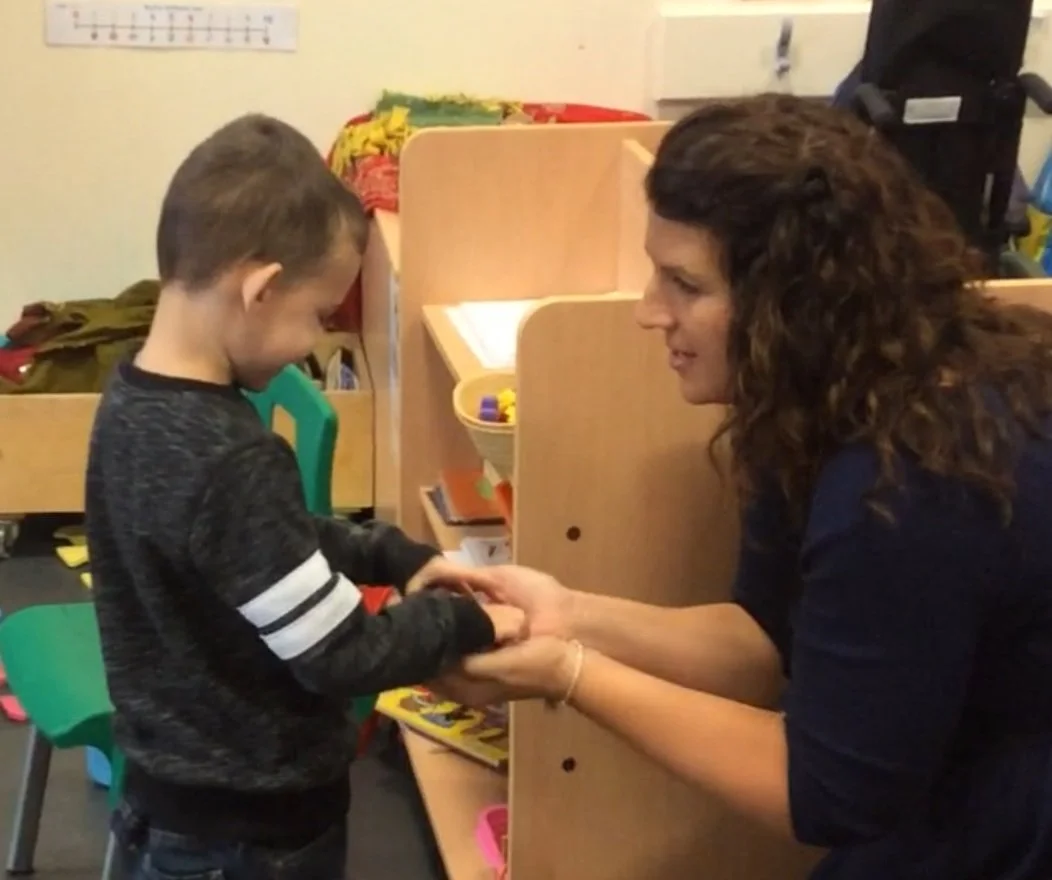Writing in his 2002 article for The Journal of Child and Youth Care, Volume 2 Number 2, Michael Burns eloquently describes another key technique for establishing rapport with a supported person:
Language
What we say, how we say it, where we say it, when we say it and why we say it can cause a wide variety of responses from whom we say it to. Incongruent language, when our words do not match what our body is saying, as well as mixed messages, responding inconsistently to behaviour or even (e.g., laughing when a child throws his food one time and scolding the same child when he throws his food on another occasion) cause the children a great deal of confusion and anxiety.
When wishing to develop rapport the care giver is best advised to stay away from these two forms of communication. Congruent and clearly understood language is most helpful when communicating with children. Communication patterns that are non-threatening and non-directive will most often produce honest and genuine responses.
Speaking positively and optimistically can help to lighten a child*s mood or help him or her to relax and speak more freely. Humour is an excellent technique to help the child to become more relaxed and feel less threatened. Verbal strokes such as praise, encouragement, compliments or calling the child by his or her first name in many cases have a positive effect on the relationship.
Language and its wide variety of uses can assist the care giver to develop rapport in many constructive and interesting ways.
